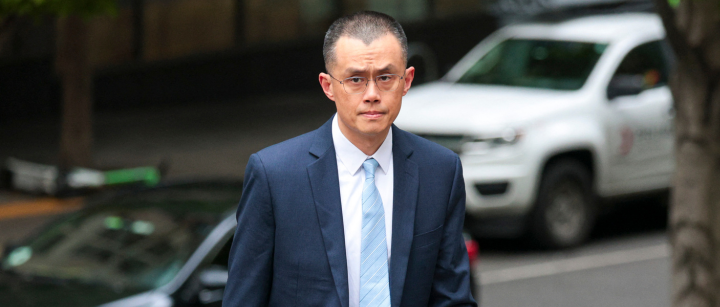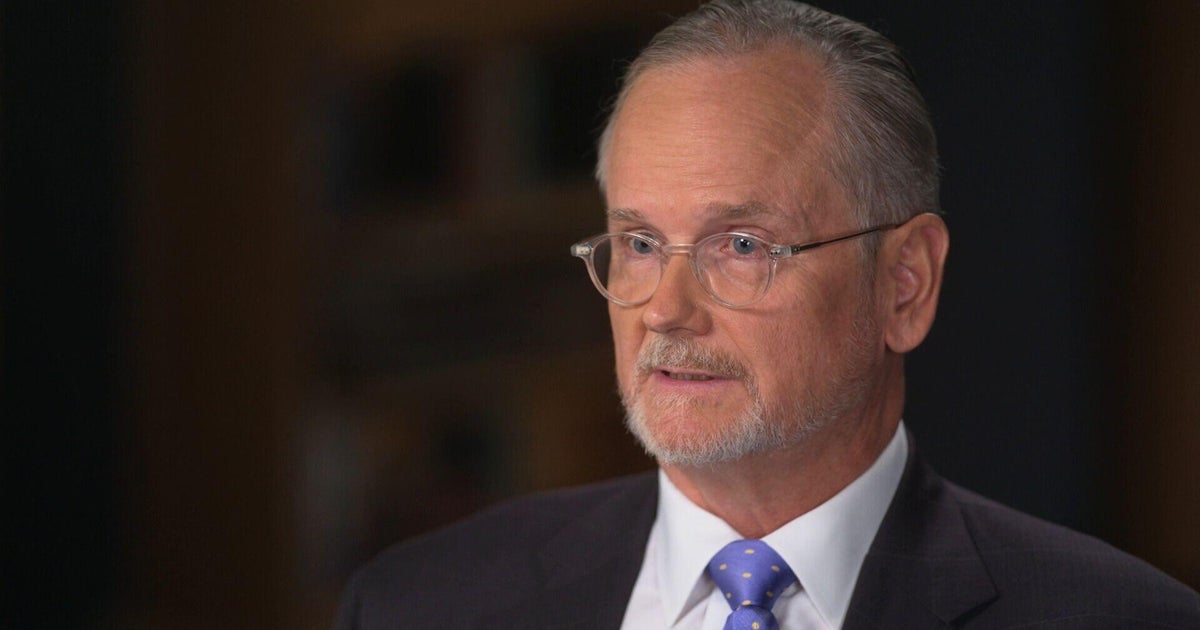The recent pardon granted by President Trump to Changpeng Zhao, a controversial figure in the cryptocurrency world, has raised eyebrows and sparked debates about conflicts of interest and potential corruption. Changpeng Zhao, also known as "CZ," is the founder of Binance, the largest cryptocurrency exchange globally. In a significant turn of events, Zhao was convicted of failing to prevent money laundering within his company, leading to a hefty fine and a brief prison sentence. Despite this background, President Trump's decision to pardon Zhao has drawn criticism for its timing and perceived implications.
The intertwining of politics, business, and cryptocurrency came to light as it was revealed that Zhao's company, Binance, played a role in aiding a cryptocurrency venture by the Trump family, World Liberty Financial. Reports suggest that Binance assisted in the development of a stablecoin that attracted a substantial investment from the United Arab Emirates. This investment, denominated in World Liberty's crypto, added to the existing financial ties between Zhao's Binance and the Trump family's crypto endeavors.
Critics have pointed out the potential conflict of interest in President Trump's pardon of Zhao, particularly given the intricate web of financial transactions and favors exchanged between the parties involved. Concerns have been raised regarding the appearance of corruption and the possible abuse of the presidential pardon power. The circumstances surrounding Zhao's conviction, the timing of the pardon, and the financial connections between Binance and World Liberty Financial have called into question the motivations behind the decision.
In response to inquiries about the pardon, the White House has maintained that there are no conflicts of interest and that the president acted within his authority. However, legal and ethics experts have questioned the rationale behind the pardon, emphasizing the need for transparency and accountability in such matters. The role of money in politics and the potential influence it exerts on decision-making processes have been highlighted as areas of concern in this case.
The complex dynamics of the cryptocurrency industry, combined with political affiliations and personal interests, have created a scenario where questions of integrity and proper governance surface. The implications of this pardon extend beyond individual actions to broader issues of ethical conduct, public trust, and the rule of law. As the debate continues, the case of Changpeng Zhao serves as a reminder of the delicate balance between power, money, and justice in contemporary society.
While the full extent of the consequences of this pardon remains to be seen, it underscores the importance of upholding ethical standards and ensuring transparency in all aspects of governance. The intersection of finance, technology, and politics presents unique challenges that demand vigilant oversight and adherence to principles of accountability. As discussions around this pardon unfold, the need for integrity in public office and a commitment to serving the public interest are underscored as essential components of a healthy democratic system.


